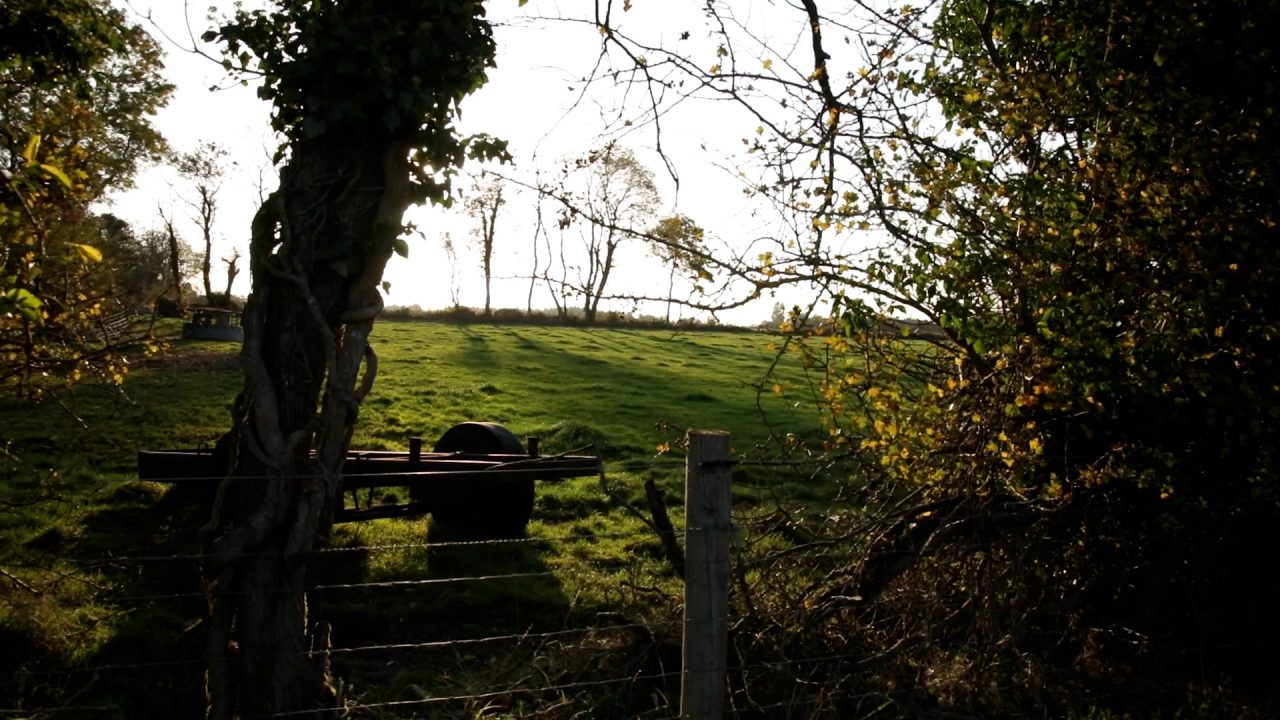Farmers can play a big part in combatting climate change if they are supported in doing so, a farm organisation has argued.
The Irish Farmers’ Association (IFA) was responding to a report by the Intergovernmental Panel on Climate Change (IPCC) that was released today (Monday, August 9).
Tim Cullinan, the association’s president, commented: “By using our natural advantage to produce carbon-efficient foods; increasing the production of renewable energy on farms; and with greater removal of carbon from the atmosphere, we can positively contribute to meeting the challenge.”
Cullinan highlighted that a recent change to the Climate Action Bill, which will recognise the carbon storage capabilities of Irish farms, is “an important acknowledgement that farmers can contribute towards making Ireland net carbon zero by 2050”.
The IFA noted what it called a “key message” from the IPCC report, that human-induced production of CO2 – which is predominantly produced from burning fossil fuels – is the dominant greenhouse gas driving climate change.
The report also drew attention to the “cumulative effect of each additional tonne of CO2 produced on global warming and the need to reduce CO2 emissions”.
The report said that this can also be done by removing emissions through carbon storage.
“The report is clear. We must limit the use of fossil fuels and stop deforestation if we are to have a chance of stopping the effects of climate change and limiting global warming.”
The IFA president argued: “If we are to deal with this issue on a global level, then the issue of carbon leakage has to be central to policy decisions.
“There’s no point in reducing production in a country like Ireland just to see it increase in regions which are not as efficient and can lead to greater deforestation,” he added.
The IPCC report also states the need to reduce methane produced from agriculture. The IFA argued that the government should put structures in place to support farmers in doing so.
“In our efforts to meet the climate change targets, we must ensure that food production is not unnecessarily threatened, especially when the report highlights that one of the expected impacts of climate change will be a loss of food production,” Cullinan concluded.
